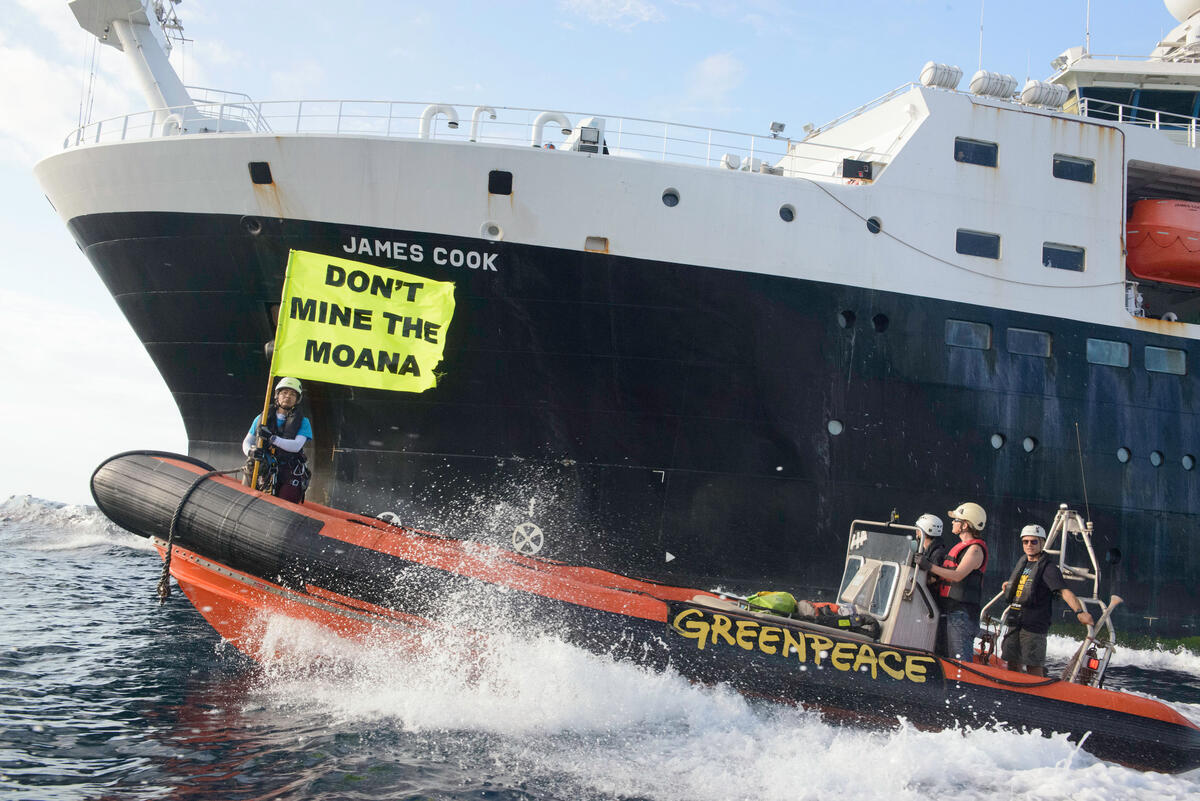The recent discovery of Grimpoteuthis feitiana, a new species of Dumbo octopus found deep in the Pacific, is a reminder of something both humbling and urgent: we still know so little about the ocean that shapes our lives. This fragile, finned creature, gliding silently more than a kilometer beneath the waves, has lived in these waters long before we mapped them, and its story is only now coming to light.
What moves me most about this discovery is not just the Dumbo octopus itself, but how it bridges science and culture. Its name draws inspiration from the flying apsaras of China’s Dunhuang murals, those graceful, winged figures that seem to dance through air and imagination. It reminds me that the deep sea has always held a place in our collective human story, — not only in myths and art, but in the ways we relate to nature, learn from it, and find meaning within it.
Pasifika connection to the ocean
For us in the Pacific, the ocean is more than a body of water. It is our identity, our culture, our history. Our ancestors read the seas to navigate, to survive, to connect communities scattered across islands. Discoveries like this Dumbo octopus awaken something deeper in me, — a sense that the ocean is alive with stories and wisdom we are only beginning to rediscover. And with that understanding comes a responsibility to protect it.

Each new species like the Dumbo octopus, each glimpse into the deep, is a warning as much as it is a wonder. The creatures of the abyss live slow, deliberate lives in fragile ecosystems, shaped by balance and patience. Deep-sea mining, pollution, and climate change threaten to erase them before we even learn their names. Protecting the Pacific’s oceans is not an abstract act of conservation; it is an act of cultural preservation, of love for our home, and for the unseen life that sustains us all.
Grimpoteuthis feitiana is more than a scientific discovery. It is a reminder that the ocean is still full of life, mystery, and wisdom — and that we have a duty to ensure these depths remain wild, healthy, and alive, for us and for the generations yet to come.
Reflection by Raeed Ali
Pacific Community Mobiliser
